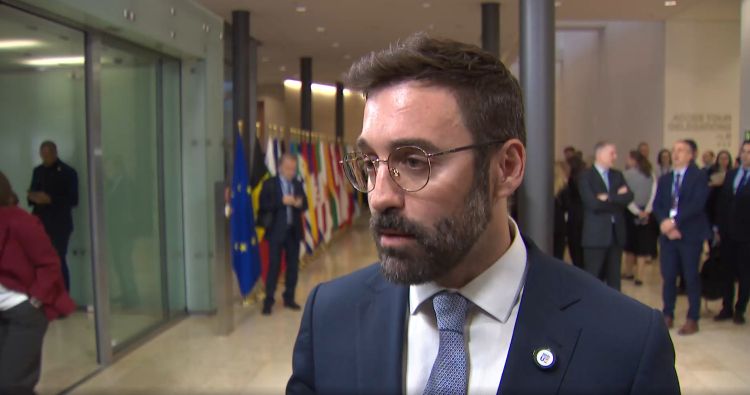Eduardo González
The Spanish government called on the EU Energy Council on Monday to end the seasonal time change because “it barely helps save energy and has a negative impact on people’s health and lives.”
“Changing the clocks twice a year no longer makes sense,” wrote Prime Minister Pedro Sánchez on social media. “It barely helps save energy and has a negative impact on people’s health and lives,” he continued. “Therefore, today the Spanish Government will propose to the EU to end the seasonal time change at the Energy Council and will request that the relevant review mechanism be put in place,” he concluded.
At the press conference following the MED9 Summit, held this Monday in Slovenia, Sánchez reported that “Spain has proposed ending seasonal time change at the Environment and Energy Council.” “I think there are several arguments that support this. There is a 2019 European Parliament resolution that must be complied with, as well as demographic studies that show that more than 80% of the European population is in favor of ending this time change,” he explained.
“Scientific evidence shows that a measure of this nature will not result in energy savings by 2025,” he warned. “Beyond the debate, we must end seasonal time change, regardless of one or the other, because neither science, public opinion, nor the European Parliament support it,” he insisted.
Along the same lines, the State Secretary for Energy, Joan Groizard, announced this Monday in Luxembourg Spain’s intention to “rekindle this debate,” in line with the European Parliament, which “has already positioned itself, in fact, in favor of ceasing to change the time in summer and winter.”
“We’re approaching the end of October; it’s time to change the clocks again,” Groizard declared upon his arrival at the Transport, Telecommunications and Energy Council meeting in Luxembourg. “This affects us all; it disrupts our schedules, it disrupts our daily cycles, and what we’re seeing is that the evidence that this generates energy savings is increasingly weak,” he warned.
Therefore, he asserted, “it’s important to reopen the debate to find a solution that works as well as possible, while also being mindful of Europe’s diversity: north, south, east, and west.” “The time change is not a free choice for each Member State; it is regulated at the European level,” and therefore, “we understand that we need a European response,” he added.
Separately, the State Secretary announced that “Spain will support the regulation for the elimination of energy dependence on Russia” in order to “prevent energy from becoming a weapon of war.” “The regulation requires Member States to develop a diversification plan to replace natural gas with other alternatives,” he recalled.
“Spain can not only import gas from any source; Spain already receives gas from more than 15 different countries; we have a highly diversified supply, but, above all, Spain is ready to replace its dependence on natural gas regardless of its origin,” he asserted.
“We are going to advance in renewable energy, in electrification, in renewable gases, in energy efficiency. In short, we have learned that dependence on natural gas from third countries is dangerous for the economy, it is dangerous for European and national security, and in Spain we are ready to accelerate this decarbonization and this reduction of energy dependence,” he concluded.
